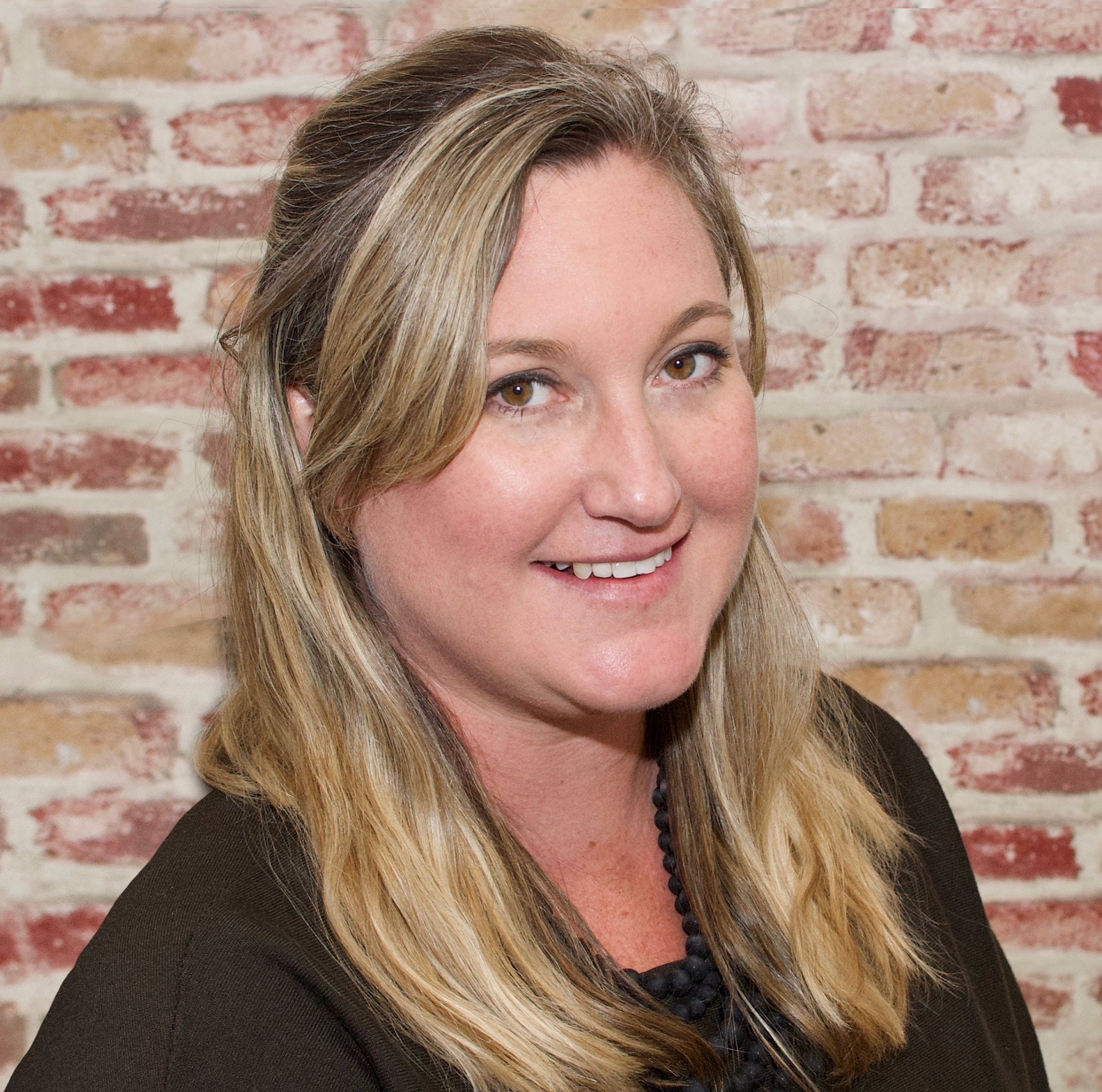Philips Healthcare is one of the world’s largest medical device brands, with more than 450 products and over 370, 000 employees worldwide. To ensure their reps are equipped to win in the fast-growing market for sleep and respiratory care products, Bill Sellner, Director of North American Sales Operations for Philips Respironics, wanted a sales enablement solution that would not simply support their training efforts, but also help verify − with clear, actionable data − whether or not those programs were actually working.
In August of 2015, Philips gathered its North American team in Dallas to launch a new sleep therapy platform, the Dream Family solutions. The training agenda focused on product messaging, selling skills, and product modalities. “Typically, after a program like this, we would execute a series of WebEx-based sessions to reinforce the content presented in the live meetings and keep relevant information top of mind, ” said Sellner. “But this became costly, and more importantly, we were never confident about whether it was really effective: was anyone paying attention or was it simply a big distraction?”
After a competitive vendor evaluation process, Sellner and his team selected Qstream to support their goals for a more measurable post-training retention effort. A month after the sales meeting, Philips launched its first Qstream challenge, branded as “Braintain, ” to the Sleep Group, followed shortly thereafter by a second Qstream that focused more specifically on product functionality and demonstration use with potential customers.
The results were highly positive. Despite the fact that participation in the Qstream challenges was completely voluntary, Sellner and his team saw sales engagement rates as high as 99%. “Given the number and variety of sales enablement programs we run over the course of a year, we had a pretty good idea of what to expect in terms of participation rates. But the Qstream data far exceeded our expectations, ” said Sellner.
And the reps weren’t just participating, they were highly engaged in both the content itself, and the competitive elements manifested in Qstream’s dynamic leaderboards. According to Sellner, “The reps carefully read and absorbed the content presented in Qstream, and even pushed back on some of the answers from time to time, prompting us to re-examine the content and iterate along the way. We just don’t get this type of feedback from other applications.”
Sellner and his team also took advantage of Qstream’s native game mechanics to structure both individual and team competitions, including the Top 10 reps and best performing region. “Qstream’s consultants were incredibly helpful in helping us monitor these competitions and optimize the platform’s flexibility by adding options such as timed challenges to prevent contests from ending in a tie, ” added Sellner.
Using Qstream, Sellner and his team were able to achieve their goals for learning verification and realize a number of other key benefits along the way. “It’s been a tremendously positive experience for us on several fronts, including cost reduction, sales rep engagement, and an increase in knowledge proficiency, ” commented Sellner. “And best of all, feedback from the field has been very positive: both managers and reps love it!”
To read the full case study and review other stories of Qstream customer success, visit our Resources page.






.png)